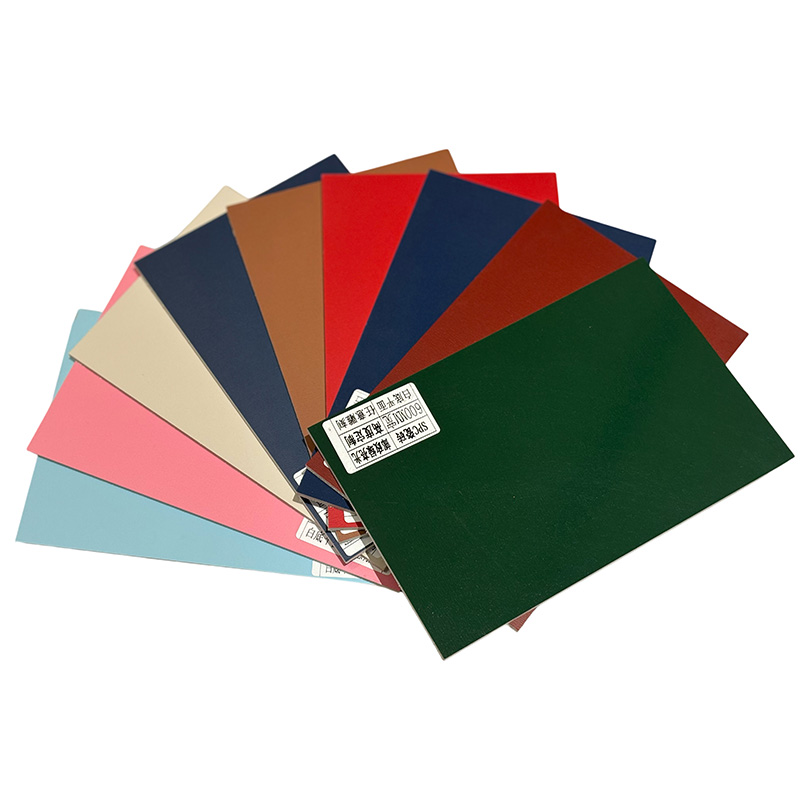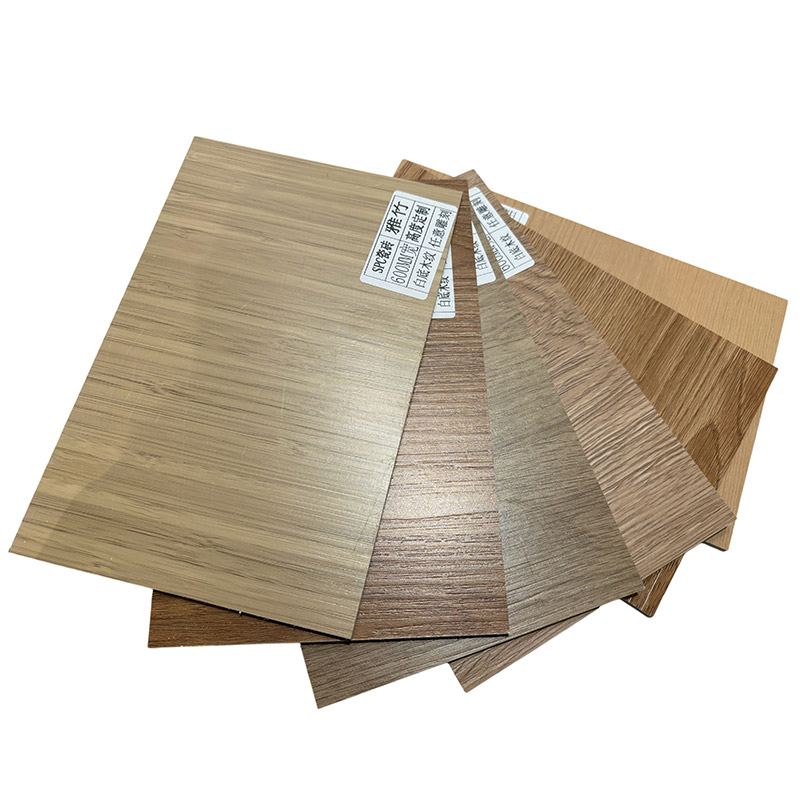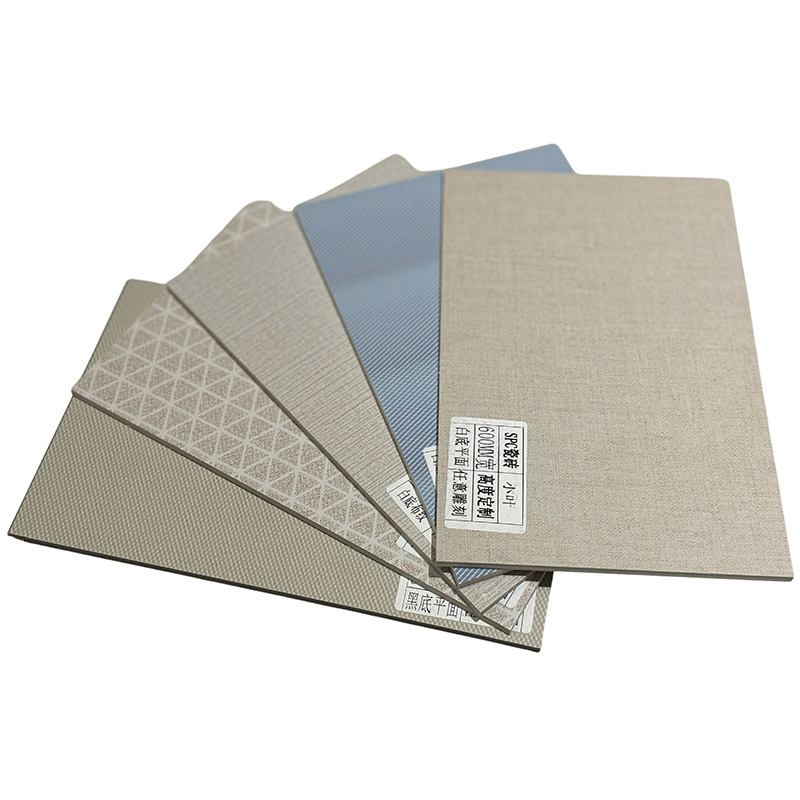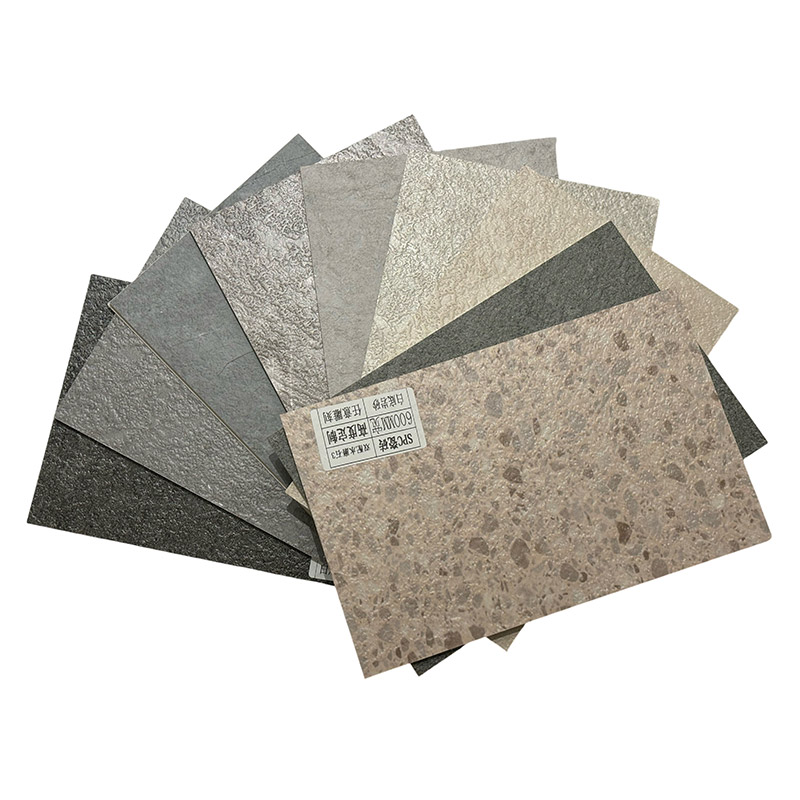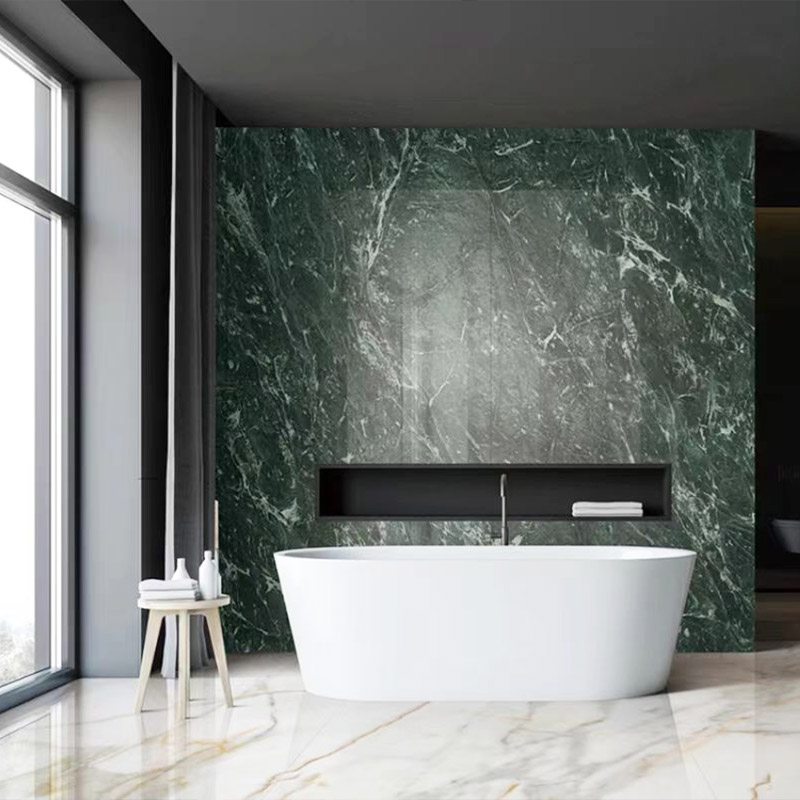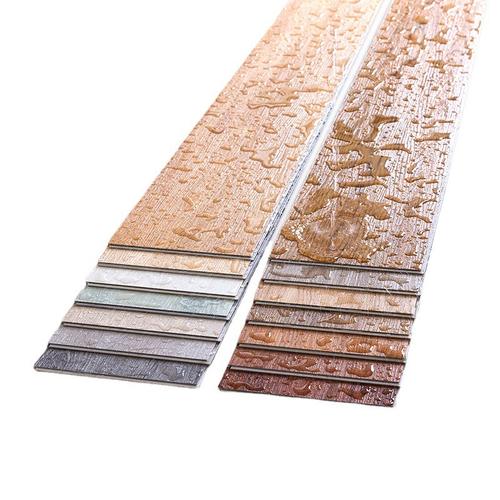What Is The Difference Between SPC And PVC Flooring ?
When it comes to selecting flooring for commercial or home areas, the choices are a bit overwhelming. The most popular options on the marketplace today are SPC and PVC flooring which are both well-known for their durability and flexibility. But, despite some surface similarities, the two kinds of flooring differ in their composition, performance and adequacy for various settings. This article is designed to explain the differences and aid you in making an informed choice.
Table of Contents
The Overview of the SPC and PVC Flooring
What is SPC Flooring?
SPC flooring is in the category of vinyl flooring with a rigid core. The core layer is an amalgamation made of stone powder, namely calcium carbonate and PVC resin. A stabilizer is added to the mixture to improve the strength of the flooring and give the flooring a sturdy structure.
SPC flooring features a multi-layer design. On top is an outer layer of wear that protects against everyday wear and tear. Below there lies a layer of decorative typically printed with realistic designs. The SPC core is the primary structure, while a back layer, which is typically comprised of felt or foam-adds some cushioning beneath the foot.
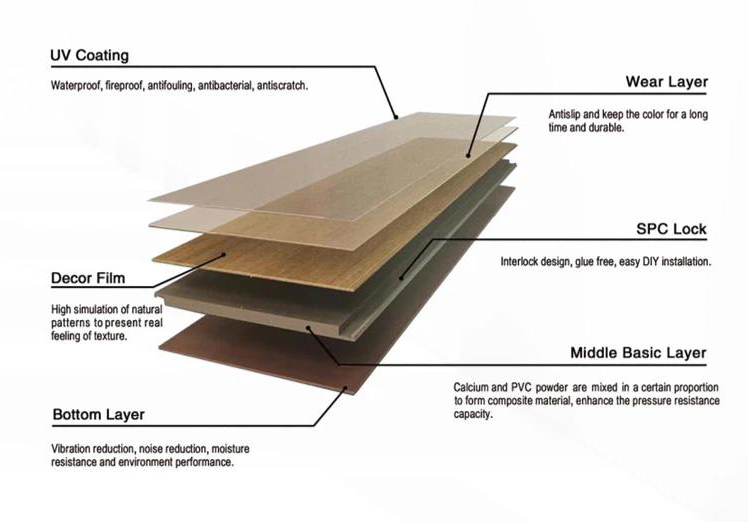
What is PVC Flooring?
PVC flooring, often referred to as vinyl flooring is a very flexible choice. It is made of PVC resin, and is subsequently combined with plasticizers, additives and other components to give it its distinctive softness and flexibility.
The flooring is available in a variety of types. Sheet vinyl which is either multi-layer or single-layer is the most common type. Vinyl tiles with a luxurious look, also known as LVT are a preferred choice. Both types are flexible which makes them able to adapt to various installation and space requirements.
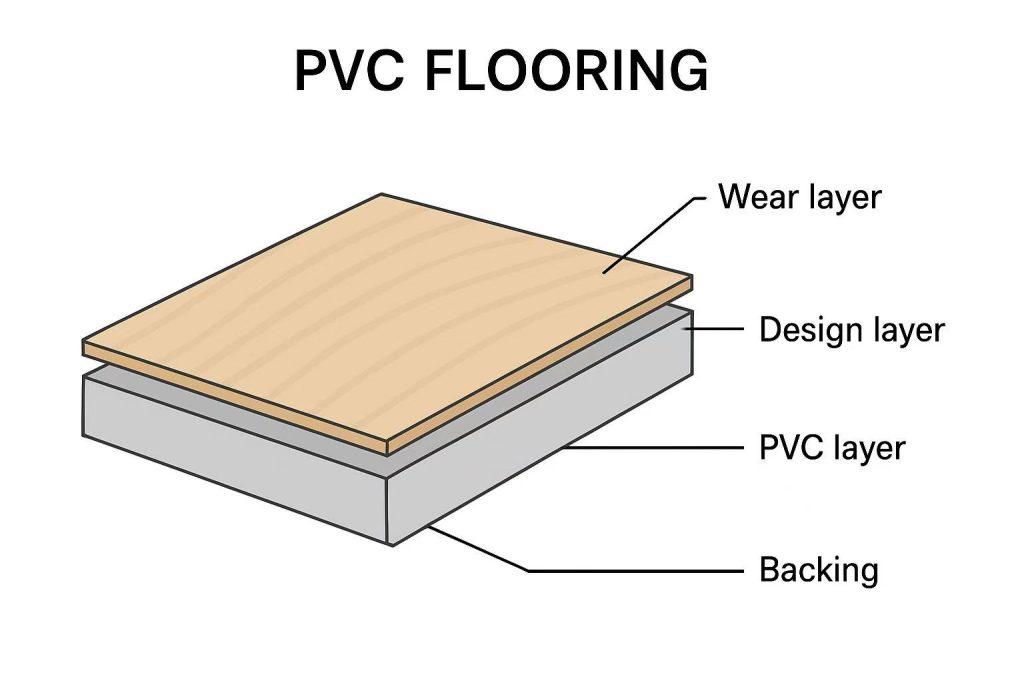
The Main Differences Between the SPC and PVC Flooring
Durability and Resistance
Water resistance is what makes the two flooring styles apart.
SPC flooring has 100 water-proof characteristics. It is because of its solid porous, non-porous base. This is why it is an ideal choice for bathrooms, kitchens and basements where humidity is a regular problem.
PVC flooring, even though it is waterproof, it is not completely waterproof. This is especially true for vinyl flooring with seams that let water be able to seep into the flooring. Immersing PVC flooring for prolonged durations increases the risk of damage from water.
When it comes to scratch and impact resistivity, SPC flooring is the clear top performer. Its abrasive core offers a solid shield against scratches, dents and high pedestrian traffic. This makes it perfect for commercial environments and homes with pet or kids.
PVC flooring with its flexible base can be more susceptible to scratches, particularly when it comes by furniture with a large. It is more durable in areas such as bedrooms.
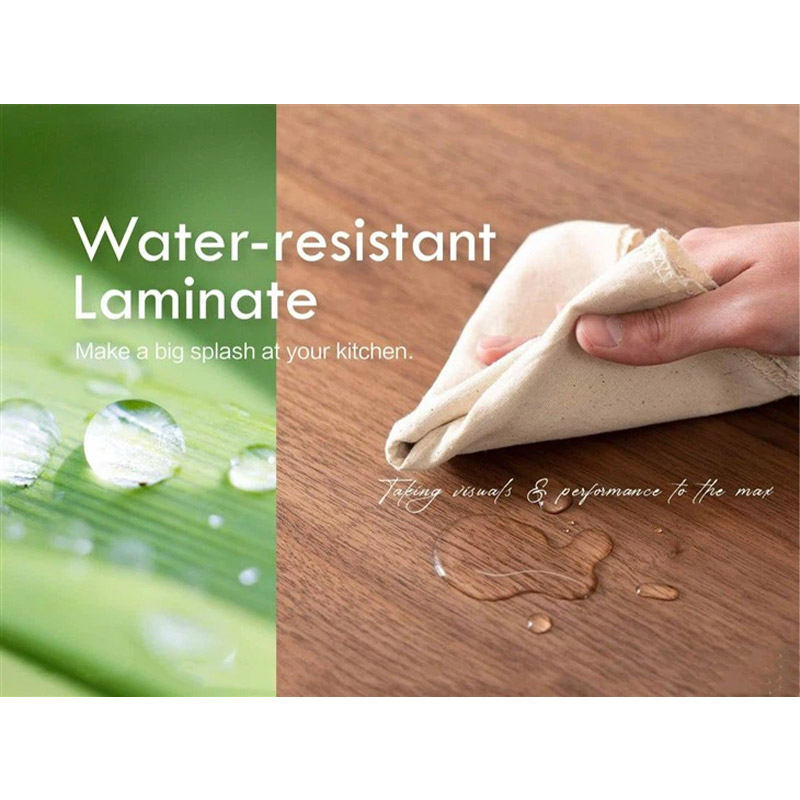
Installation and Maintenance
The method of installation is different in both.
SPC flooring typically uses a click lock system, which permits floating flooring that does not need glue. The flooring is installed on top of a variety of sub-floors, including concrete, plywood or even flooring in the past, making the process of installation.
SPC flooring installation video
PVC flooring may need glue applied especially with sheets of vinyl. Some luxury vinyl tiles use a click lock mechanism, but generally speaking, PVC is more prone to uneven sub-floors, and requires more care when preparing.
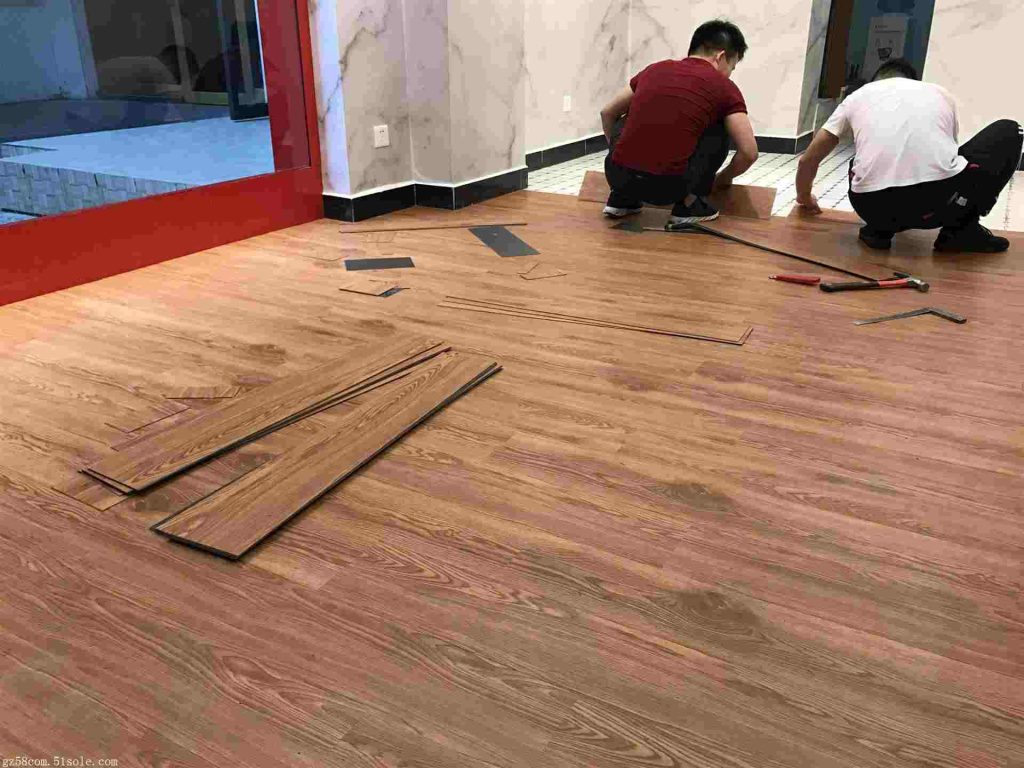
To maintenance, SPC flooring is easy to care for. A moist mop will usually suffice to keep it clean, and it can withstand chemical staining and staining.
PVC flooring requires more gentle cleaning. The harsh chemicals that are used to harm it can cause damage to its surface. gentle cleaning products are suggested.
Appearance and Texture
Both flooring types offer patterns that resemble natural materials like stone or wood, however they differ in implementation. SPC flooring utilizes high-definition printing for realistic patterns. It comes in tiles or planks which have embossed wood grain, as well as other textures that add authenticity and the depth.
PVC flooring is also found with the look of wood and stone. however the texture is more likely to be thinner. Sheet vinyl is typically distinguished by intricate patterns that give an elegant look when put in place, which makes it the ideal choice for places that require the desired seamless look.
The strength and rigidity make them distinct. SPC flooring is more robust and can vary from between 4 and 8mm. Its rigidity provides it with the appearance of hardwood beneath the feet.
PVC flooring can be described as slightly thinner, typically between 2 to 5 millimeters. its flexibility provides more comfort with a much more organic feeling as opposed to the flooring made of rubber or linoleum.
Cost and Suitability
Price is another point of distinction. SPC flooring is generally more costly as compared to PVC. This is due to its sturdy base and durability, which may cause a longer duration.
PVC flooring is cheaper, which makes it a sought-after option for temporary installations or low-cost renovations when savings in the beginning are crucial.
Their most effective applications correspond with their features. SPC flooring shines in areas that are heavy in moisture such as laundry rooms as well as commercial areas such as office and retail areas. It’s also ideal for homes where long-term stability is essential.
PVC flooring is perfect for bedrooms, living spaces and other spaces that have lots of foot traffic. It’s ideal for people renting or who want a cost-effective upgrade that still provides sufficient performance.
To help you understand the distinctions of SPC and PVC flooring. Here is a brief overview of their major characteristics:
| Feature | SPC Flooring | PVC Flooring |
| Core Composition | Stone powder + PVC + stabilizer | Stone powder + PVC + stabilizer |
| Thickness Range | 4–8 mm | 2–5 mm |
| Water Resistance | 100 % waterproof | Water-resistant, seams may leak |
| Scratch & Dent Resistance | High | Moderate |
| Installation Method | Installation Method | Glue-down or click (LVT) |
| Subfloor Tolerance | Forgives minor unevenness | Requires smoother subfloor |
| Feel Underfoot | Firm, like hardwood | Softer, like rubber/linoleum |
| Best Use | Kitchens, baths, retail, pets | Bedrooms, rentals, light traffic |
How to Choose Between SPC and PVC Flooring?
The choice of SPC and PVC flooring is based on the specific requirements of your space, as well as the individual style and preferences.
Consider Your Space
The kind of space you’re given will decide your selection. If you are in areas that have high traffic or have high humidity, SPC flooring is the best choice. Its durability and water-proofing properties guarantee that it can take on the demands of these situations.
In areas that have minimal traffic, clear and dry, the PVC floor provides a cost-effective and comfortable alternative that can satisfy your fundamental needs without spending an exorbitant amount.
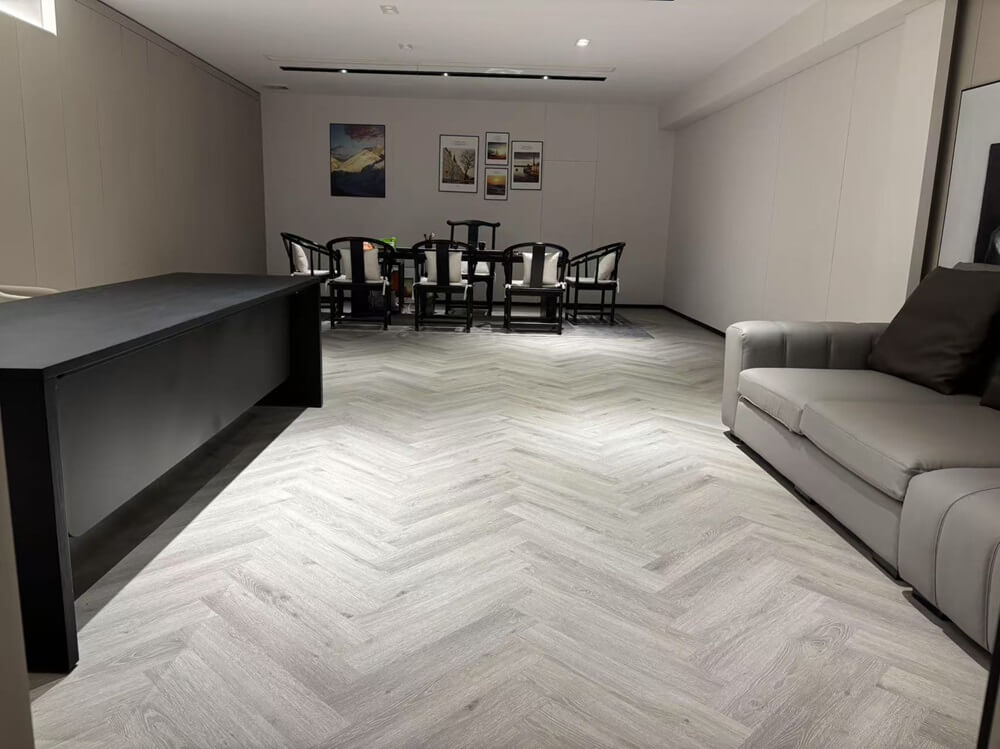
Evaluate Budget and Longevity
The amount you plan to budget for and the amount of time you plan to keep the flooring on your property are equally important. If you intend to keep the flooring for at least five years and are planning for a way to make an investment on SPC is a smart option. Its durability is superior, which implies longevity and higher return on investment.
In the event of temporary use or when budget constraints are tight, PVC flooring provides adequate performance at a lower price and is a good option.
Think About Aesthetic and Feel
The personal preferences of the person using it and the feel underfoot are a factor. If you prefer a more sturdy wooden feeling, SPC flooring will match your expectations.
If a smooth and more flexible texture is what you are looking for PVC flooring is more suited to your needs, and can provide a totally different degree of comfort.
Conclusion
SPC and PVC flooring provide the benefits of vinyl along with the benefits of cost and flexibility but they differ in key areas such as toughness and water resistance, as well as the feeling. SPC flooring is an excellent choice for areas where moisture is a problem and has a longevity that lasts for many years and is evident in its higher price. PVC flooring can be a low-cost option that’s perfect for areas with low usage. If you think about your particular space’s needs as well as your budget and the aesthetics you want, pick the flooring that can best meet your needs and provide the quality you require for your home or office.
By thinking about these things carefully, you can choose the flooring that fits your needs best and makes your space look and work better.

